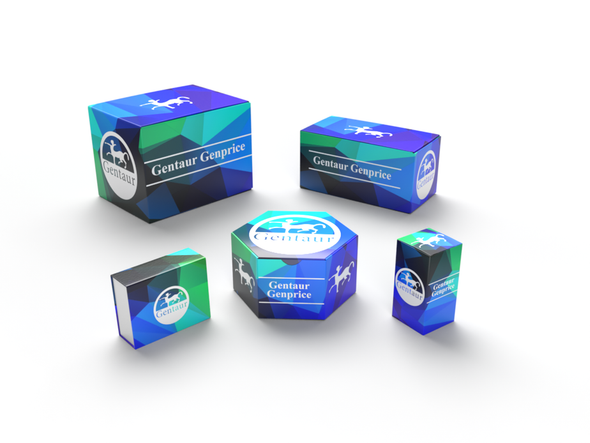Description
AKR1C4 is a member of the aldo/keto reductase superfamily that has over 40 known enzymes and proteins. AKR1C4 enables the conversion of aldehydes and ketones to their corresponding alcohols by using NADH and/or NADPH as cofactors. AKR1C4 takes part in the bioreduction of chlordecone, a toxic organochlorine pesticide, to chlordecone alcohol in liver.
6338 | Human Recombinant AKR1C4 DataSheet
Biomolecule/Target: N/A
Synonyms: Human Recombinant AKR1C4
Alternates names: Aldo-keto reductase family 1, member C 4, DHEA-ST, DHEAS, HST, hSTa, ST2, ST2A1, ST2A3.
Taglines: Involved in in the detoxification of aldehydes and ketones
NCBI Gene ID #: 16153
NCBI Gene Symbol: IL10
Gene Source: Human
Accession #: P18893
Recombinant: Yes
Source: E. coli
Purity by SDS-PAGEs: 98%
Assay: SDS-PAGE
Purity: N/A
Assay #2: N/A
Endotoxin Level: N/A
Activity (Specifications/test method): N/A
Biological activity: Specific activity is approximately < 0.6 units/mg.
Results: N/A
Binding Capacity: N/A
Unit Definition: Specific activity is approximately < 0.6 units/mg. Enzymatic activity was confirmed by measuring the amount of enzyme catalyzing the oxidation of 1 micromole NADPH per minute at 25°C. Specific activity was expressed as units/mg protein.
Molecular Weight: 39.2 kDa
Concentration: 1 mg/ml
Appearance: Liquid
Physical form description: 1 mg/ml solution in 20 mM Tris-HCl buffer (pH 8.0) containing 20% glycerol, 0.1 M NaCl and 1 mM DTT.
Reconstitution Instructions: N/A
Amino acid sequence: MGSSHHHHHH SSGLVPRGSH MDPKYQRVEL NDGHFMPVLG FGTYAPPEVP RNRAVEVTKL AIEAGFRHID SAYLYNNEEQ VGLAIRSKIA DGSVKREDIF YTSKLWCTFF QPQMVQPALE SSLKKLQLDY VDLYLLHFPM ALKPGETPLP KDENGKVIFD TVDLSATWEV MEKCKDAGLA KSIGVSNFNC RQLEMILNKP GLKYKPVCNQ VECHPYLNQS KLLDFCKSKD IVLVAHSALG TQRHKLWVDP NSPVLLEDPV LCALAKKHKR TPALIALRYQ LQRGVVVLAK SYNEQRIREN IQVFEFQLTS EDMKVLDGLN RNYRYVVMDF LMDHPDYPFS DEY






